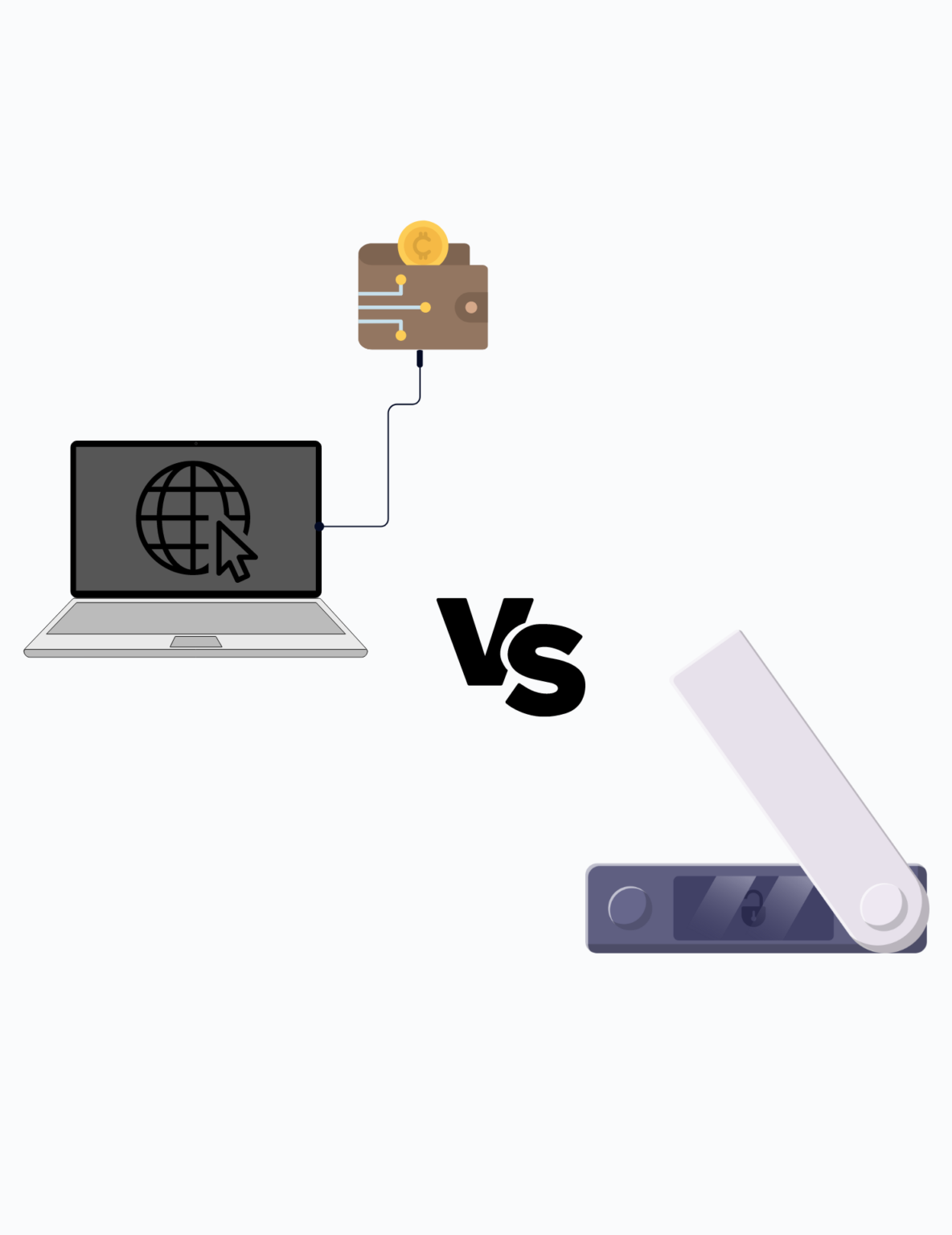Hardware Wallets vs Software Wallets: What You Need to Know
When it comes to storing your cryptocurrencies, the debate between hardware wallets and software wallets is a common one. However, the decision doesn’t have to be black and white. By understanding the differences between the two and how they can complement each other, you can create a secure and convenient system for managing your digital assets.
Let’s start by breaking down the basics of crypto wallets, exploring the unique features of hardware and software wallets, and discussing how to choose the right option for your individual needs.
Understanding Crypto Wallets
Crypto wallets are essential for managing digital assets, as they store your cryptographic keys rather than the actual cryptocurrencies. These keys are like passwords that allow you to access and control your funds on the blockchain. Public keys enable others to send you digital money, while private keys are kept secret and grant you access to your funds.
Since the introduction of Bitcoin in 2009, crypto wallets have evolved from simple software applications to advanced hardware devices, offering users a range of options based on security and convenience preferences.
What are Hardware Wallets?
Hardware wallets are physical devices that store your private keys offline, providing a high level of security for your digital currencies. By keeping the keys offline, hardware wallets protect them from online threats such as hacking and phishing attacks. To make a transaction, you connect the hardware wallet to a device, and it internally signs the transaction, ensuring the security of your keys.
While hardware wallets offer excellent security, they come with a price tag and require physical access to the device for transactions. However, the peace of mind and control over your funds make hardware wallets a popular choice for those serious about safeguarding their cryptocurrencies.
What are Software Wallets?
Software wallets are digital applications that allow you to manage your cryptocurrencies through a computer, smartphone, or online platform. These wallets store your private keys online, making transactions and fund management convenient and accessible from anywhere with an internet connection.
Although software wallets offer ease of use and accessibility, they are more vulnerable to online security risks compared to hardware wallets. However, advancements in security measures such as encryption and two-factor authentication have improved the safety of software wallets.
Hardware Wallets and Software Wallets: Key Differences
Security
Hardware wallets store private keys offline, making them less susceptible to online threats, while software wallets keep keys online, increasing the risk of hacking.
Accessibility
Software wallets are easily accessible from any device with an internet connection, while hardware wallets require physical access to the device for transactions.
Ease of Use
Software wallets are user-friendly and straightforward, while hardware wallets require initial setup and physical connection for transactions.
Cost
Software wallets are typically free, whereas hardware wallets require an upfront investment.
Supported Cryptocurrencies
Software wallets support a wide range of cryptocurrencies, while hardware wallets have a more limited selection but are continually expanding their offerings.
How to Choose the Right Crypto Wallet?
Choosing between hardware and software wallets depends on your specific needs and preferences. Beginners may find software wallets more suitable for their ease of use and accessibility, while experienced users may opt for hardware wallets for enhanced security.
Consider using a combination of both hardware and software wallets to maximize security and convenience. Use a hardware wallet for long-term storage of large amounts of cryptocurrency and a software wallet for daily transactions and trading.
By understanding the strengths and weaknesses of hardware and software wallets, you can create a balanced approach to managing your digital assets effectively.
Conclusion
Ultimately, the choice between hardware wallets and software wallets depends on your individual preferences and security requirements. Both options have their advantages and drawbacks, so finding the right balance between security and accessibility is key.
Whether you opt for a hardware wallet, a software wallet, or a combination of both, prioritizing the security of your digital assets should be your top priority. By staying informed and making educated decisions, you can create a secure and efficient system for managing your cryptocurrencies.

